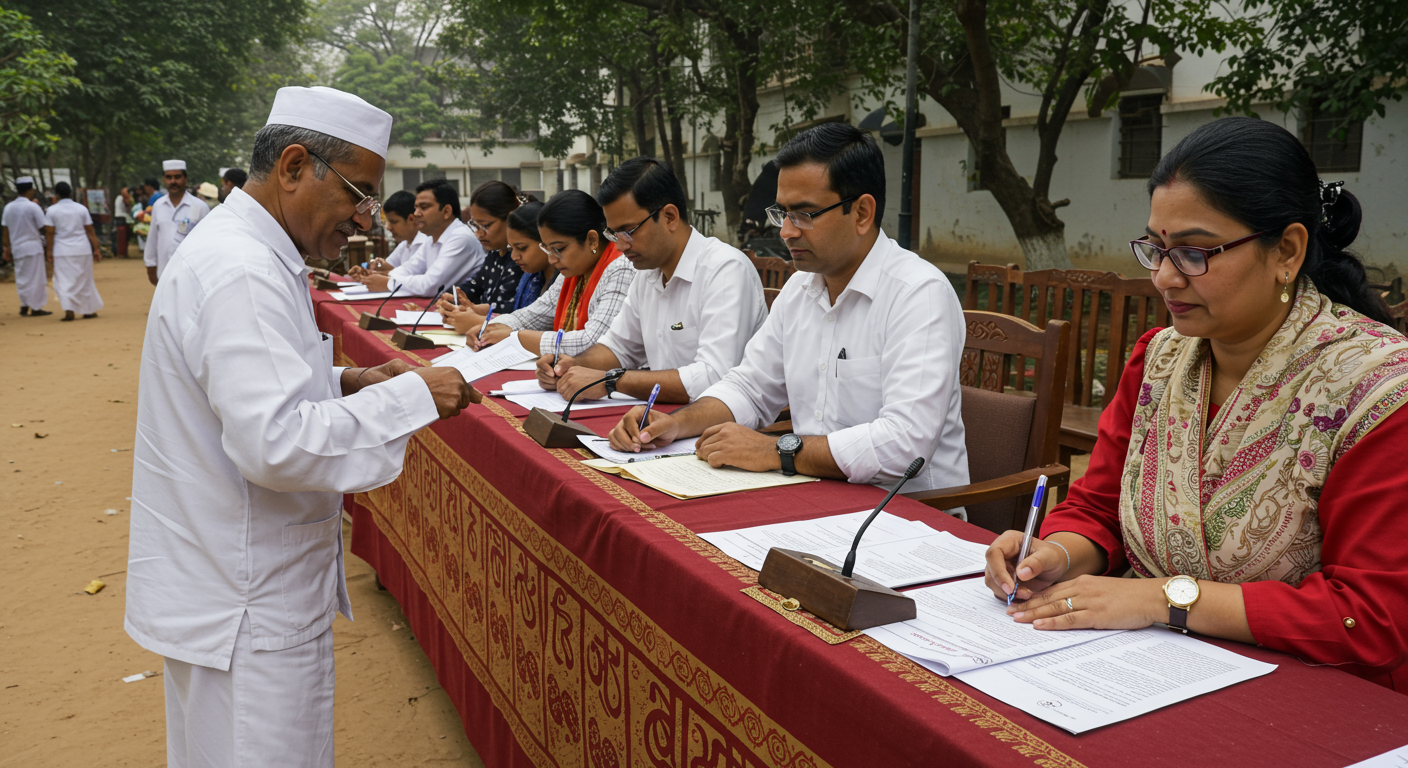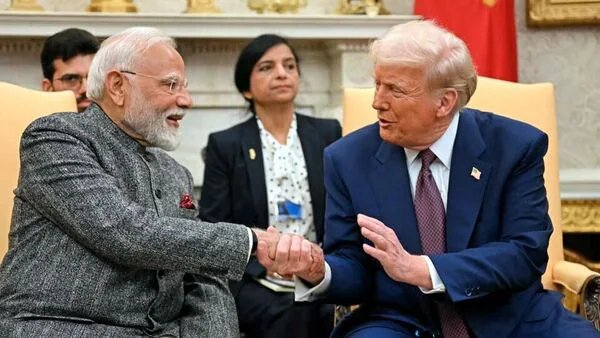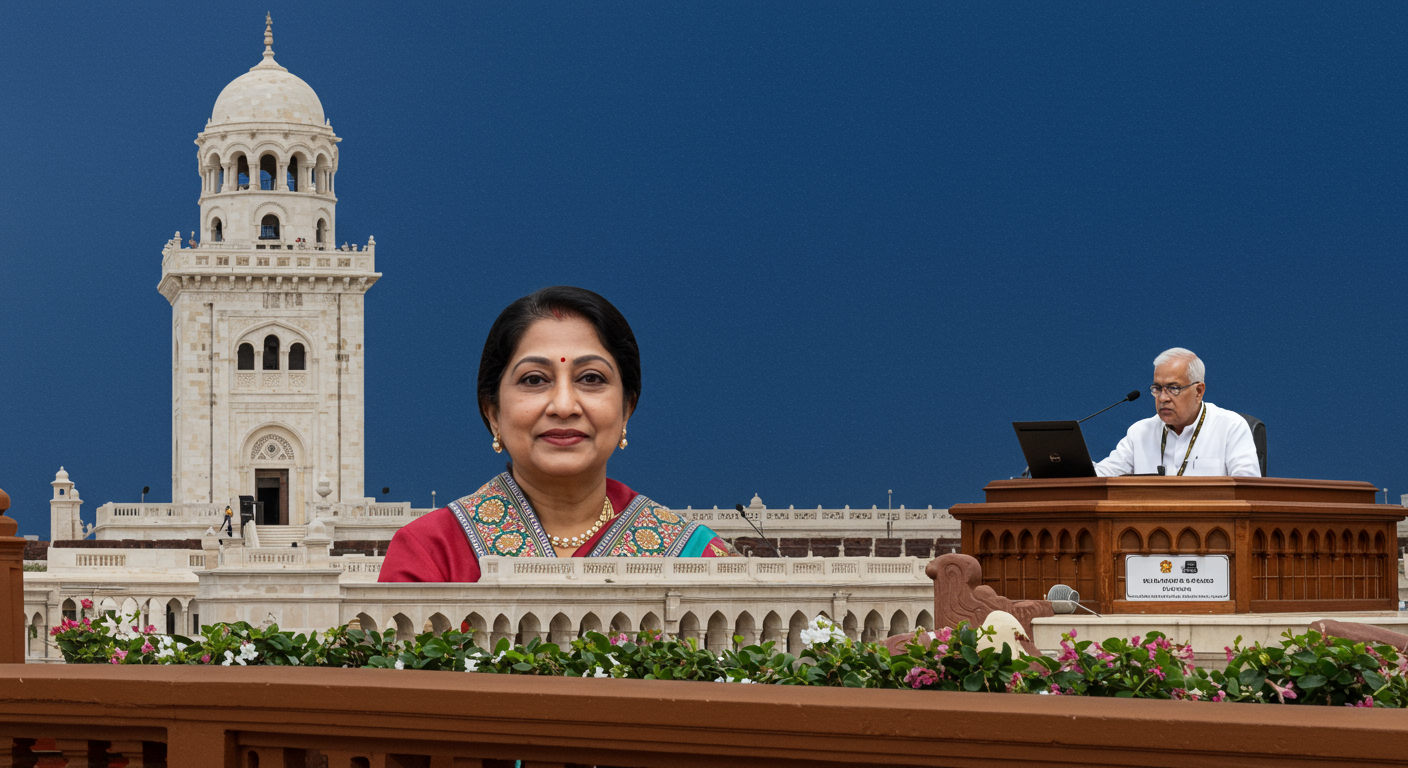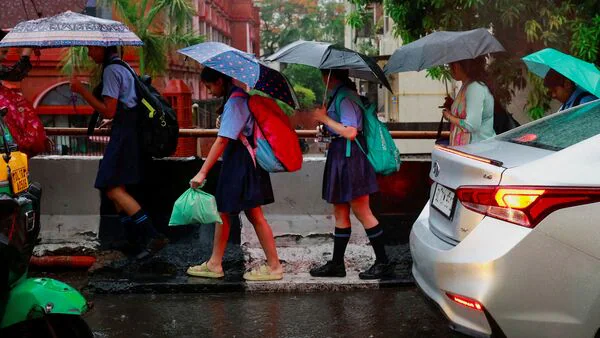Ever wondered about the true backbone of our democracy? It’s often not the grand national elections that grab headlines, but the local elections – the ones for your village Panchayat or city Nagar Palika – that truly shape your daily life. They decide who manages your local water supply, builds your roads, and ensures your community’s well-being. And at the heart of these elections lies something seemingly simple but incredibly crucial: the voter list, or as it’s officially known, the electoral roll.
Imagine trying to vote, only to find your name missing, or discovering that people who have moved away or are no longer with us are still on the list. This isn’t just an inconvenience; it can undermine the fairness of an election and, in turn, the very foundation of local democracy. This is exactly why a recent ruling from India’s Supreme Court regarding electoral rolls in Bihar has caught the attention of many, highlighting the judiciary’s vital role in safeguarding our democratic process.
The Importance of a Clean Voter List
So, what exactly are electoral rolls? In simple terms, they are comprehensive lists of all eligible voters in a particular area. For any election to be free and fair, these lists must be accurate, up-to-date, and inclusive. They need to reflect the current population, ensuring everyone who is eligible gets a chance to cast their ballot, while also preventing any misuse or impersonation.
Think of it like this: if you’re building a house, you need a solid, accurate blueprint. The electoral roll is that blueprint for an election. If it’s outdated or flawed, the entire structure of the election can become shaky, leading to disputes, disenfranchisement, and a loss of public trust. This is particularly true for local body elections, which are the closest form of governance to the common citizen.
Bihar’s Electoral Roll Conundrum
The recent controversy in Bihar perfectly illustrates the critical importance of updated electoral rolls. The Bihar State Election Commission (SEC) approached the Supreme Court with a significant concern. The state government had decided to use older electoral rolls for upcoming local body elections: the 2020 rolls for Panchayat elections and surprisingly, the 2015 rolls for Nagar Palika (municipal) elections.
This decision by the state government stood in stark contrast to an earlier directive issued by the Supreme Court itself. Back in August 2022, the apex court had clearly mandated that fresh electoral rolls, based on the *latest* electoral rolls prepared for the Assembly Constituencies (State Assembly elections), must be used for all pending Nagar Palika elections. The core idea behind this was to ensure consistency and accuracy, leveraging the most recently updated lists available.
The Bihar SEC’s concern was valid: how could fair elections be held if the voter lists were five or even eight years old? A lot changes in that time! People move, young adults turn 18 and become eligible voters, and sadly, some pass away. Using outdated lists would mean countless eligible voters could be left out, while others who are no longer residents might still appear on the list, creating a chaotic and potentially unfair election process. The state government, on the other hand, sought clarification, arguing that the SEC already used Assembly rolls, and that using these specific older rolls was for convenience. However, convenience should never trump fairness in a democracy.
The Supreme Court’s Unwavering Stance: “No Deviation Allowed!”
Responding to the SEC’s plea, the Supreme Court, through a bench of Justices KM Joseph and Hrishikesh Roy, made its stance absolutely clear. They reiterated their previous order and emphasized that the State Election Commission must use the latest Assembly electoral rolls as the base for all local body elections. And here’s the powerful line that resonated throughout the legal community and beyond: the Court stated firmly that “We will interfere if there is any deviation” from this directive.
This wasn’t just a simple reminder; it was a strong warning. It signified the Court’s commitment to upholding the integrity of the electoral process at the grassroots level. The directive wasn’t just for Nagar Palikas but was extended to include Panchayat elections as well, ensuring uniformity and fairness across all local polls in Bihar. This firm stance by the Supreme Court highlights its role as the ultimate guardian of the Constitution and the democratic principles it espouses.
It’s important to note that this isn’t the first time the Supreme Court has had to intervene in Bihar’s local body election matters. There have been previous instances, including issues related to reservations for Other Backward Classes (OBCs) and the necessity of constituting an Independent Election Commission for local body elections. These interventions collectively underscore the judiciary’s consistent effort to ensure that local democracy functions effectively and fairly, free from undue influence or procedural shortcuts.
Why This Matters to Every Citizen: Beyond Legalities
You might think this is just a legal squabble, but its implications are far-reaching and directly affect every citizen. When electoral rolls are outdated, it can lead to:
- Disenfranchisement: Eligible voters, especially young people who have just turned 18 or those who have moved within the state, might find their names missing, effectively robbing them of their right to vote.
- Irregularities: Outdated lists can be vulnerable to manipulation, leading to incorrect voting or even attempts at fraudulent voting.
- Weakened Local Governance: If the election process itself is flawed, the legitimacy of the elected local representatives can be questioned, undermining their ability to govern effectively and serve the community.
Your local Panchayat or Nagar Palika makes decisions that impact your daily life, from garbage collection to school maintenance and public health initiatives. Ensuring that the people elected to these crucial bodies are chosen through a fair and transparent process is paramount. The Supreme Court’s vigilance ensures that the voices of the people are truly heard and accurately reflected at the ballot box.
Safeguarding Democracy at the Grassroots
The Supreme Court’s intervention in the Bihar electoral roll case is a powerful reminder that democracy is not just about grand national elections every few years. It’s a continuous process that requires constant vigilance, especially at the grassroots level. By insisting on the use of the latest electoral rolls, the Court is reinforcing a fundamental principle: that fair elections are built on accurate voter information.
This ruling sends a clear message to all state governments and election bodies: shortcuts in electoral processes will not be tolerated. The commitment to maintaining updated and precise voter lists is non-negotiable for the healthy functioning of our democratic system. It’s about protecting the sanctity of the vote, which is the most powerful tool a citizen possesses in a democracy.
Conclusion: The Power of the Ballot and the Rule of Law
In conclusion, the Supreme Court’s firm directive in the Bihar electoral roll case is a victory for democratic principles. It underlines the judiciary’s unwavering commitment to ensuring free, fair, and transparent elections, even at the most local levels. For you, the citizen, it means that your right to vote is being actively protected, and that the foundation upon which your local leaders are chosen is as solid and reliable as possible.
This case serves as an important lesson: the details matter. An accurate electoral roll might seem like a small detail, but it is a giant step towards upholding the integrity of our democratic fabric. It ensures that your voice, your vote, and your choice truly count in shaping the future of your community.









